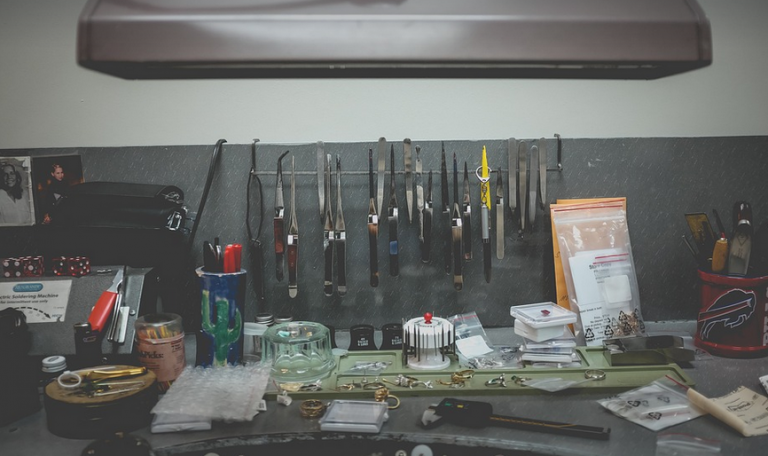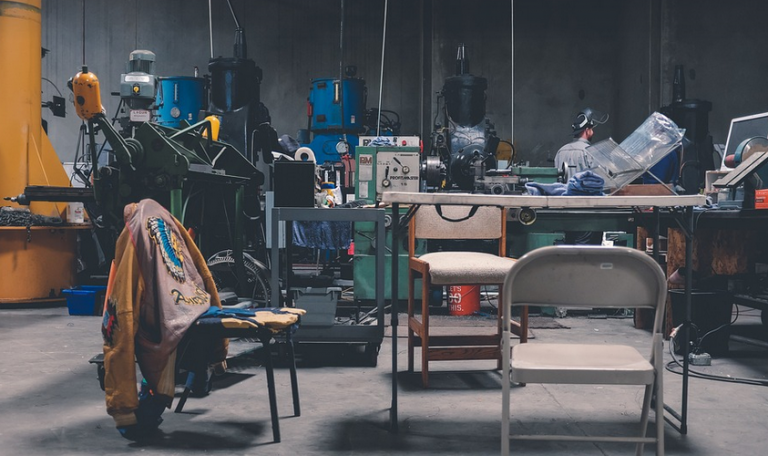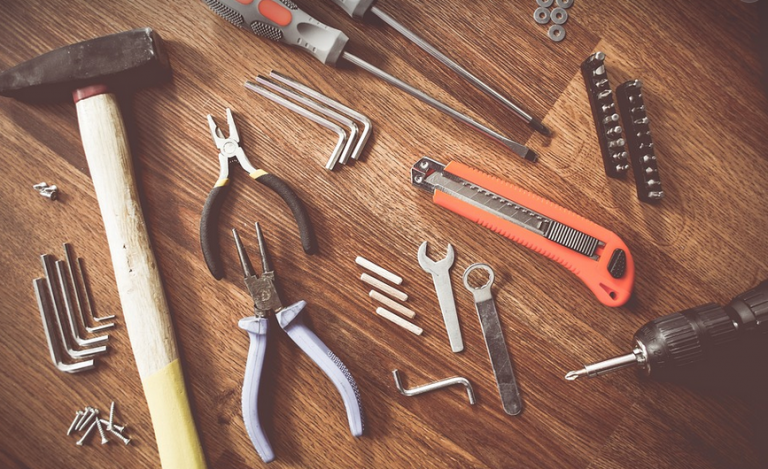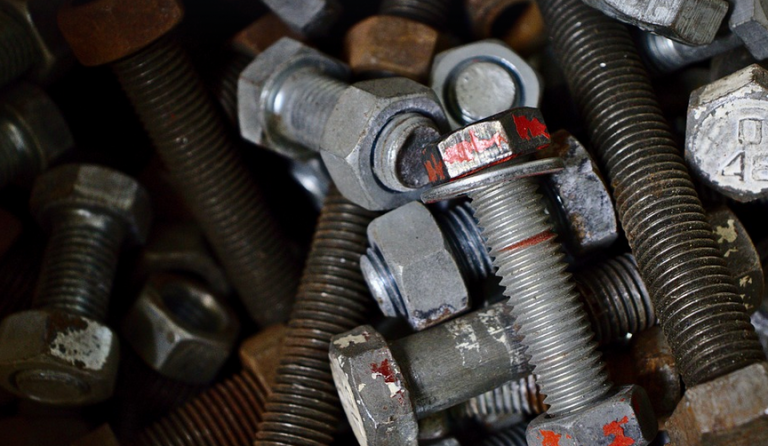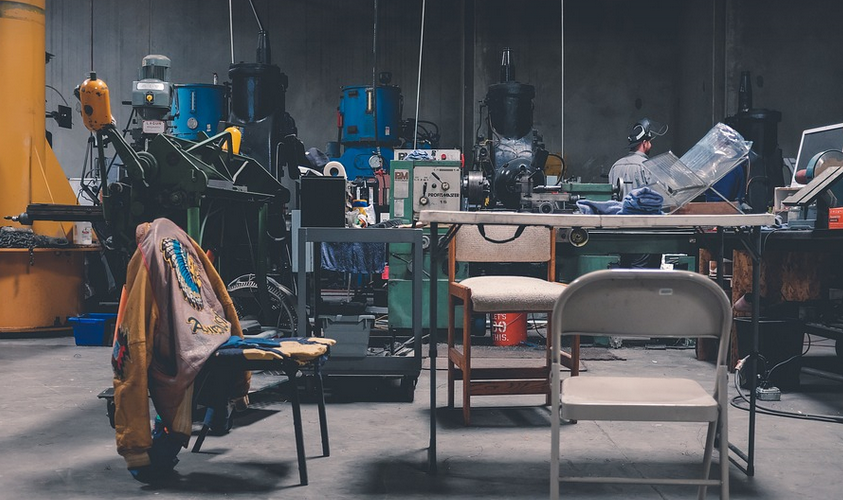
Understanding the Basics
So, you want to keep cool this summer without breaking the bank? You’ve likely stumbled upon the age-old debate: should you get an air conditioner or a heat pump? Well, buckle up because we’re about to dive deep into the world of cooling technology and answer your burning questions.
Before we embark on this exciting journey, let’s understand the fundamentals. At their core, both heat pumps and air conditioners work towards the same goal: providing a comfortable indoor environment by regulating the temperature. However, they take different approaches to achieve that objective.
What is a Heat Pump?
Think of a heat pump like an athlete with two skills—a master at both heating and cooling! A heat pump utilizes refrigerant to absorb heat from outside air when it’s cold, acting as a heater. When warm weather rolls in, the same system shifts gears to extract heat from your home, sending cool air into your living space. It’s like having one device that can do two different jobs with equal efficiency.
Here are some key features of heat pumps:
- **Efficiency:** Heat pumps are highly energy-efficient—they use up to 300% less energy than traditional furnaces and air conditioners. This translates into lower monthly bills because they don’t have to constantly work at full capacity.
- **Versatility:** Heat pumps excel in all kinds of climates, whether you’re battling a harsh winter or scorching summer heat.
- **Environmentally Friendly:** Compared to traditional methods, heat pumps reduce carbon emissions and help lower your carbon footprint.
What is an Air Conditioner?
Air conditioners are single-taskers! They’re designed solely to cool the air by removing heat from a specific area—your home. They utilize refrigerant to move hot, humid air out of the house and replace it with cool, fresh air.
Air conditioners generally have these unique characteristics:
- **Direct Cooling:** Air conditioners are known for their quick cooling power, effectively lowering the temperature of your room in a matter of minutes.
- **Noise Level:** While some models offer quieter operation than others, air conditioners can be noisy, especially those with powerful fans.
- **Limited Functionality:** Air conditioners primarily focus on cooling and don’t provide heating. If you live in an area that experiences cold winters, you might need a separate heating system for your home.
How Do Heat Pumps and Air Conditioners Differ?
The core difference between heat pumps and air conditioners boils down to their approach to heat manipulation: a heat pump is all about transferring heat, while an air conditioner is all about removing it. This subtle yet impactful distinction defines their unique functionalities.
To illustrate the difference:
- **Heat Pumps:** If you’re looking for a versatile solution to both heating and cooling, a heat pump is your go-to choice. They can warm your home in winter by harnessing heat from outside air and cool it down during hot summer months.
- **Air Conditioners:** For precisely controlling the temperature of a specific area, air conditioners are highly efficient at removing excess heat to achieve that desired coolness.
The Energy Efficiency Factor
With energy costs rising every year, choosing an eco-friendly option for your home is a must! Heat pumps are known for their exceptional energy efficiency due to the way they transfer heat. In contrast, air conditioners use high amounts of energy to create cold air.
Imagine this: A heat pump efficiently shifts heat across seasons, but it never turns on full blast like an AC unit would in summer. This means less energy wasted and lower bills compared to traditional air-conditioning methods.
The Final Say?
So, which one should you choose? It comes down to your needs and budget. If you’re looking for a sustainable, cost-effective solution that can handle both heating and cooling, a heat pump is the way to go. For those seeking precise temperature control or live in areas with extreme weather conditions, an air conditioner might be more suitable.
No matter your choice, remember that investing in energy-efficient systems for your home will make a significant difference in your life and save you money over the long term.
